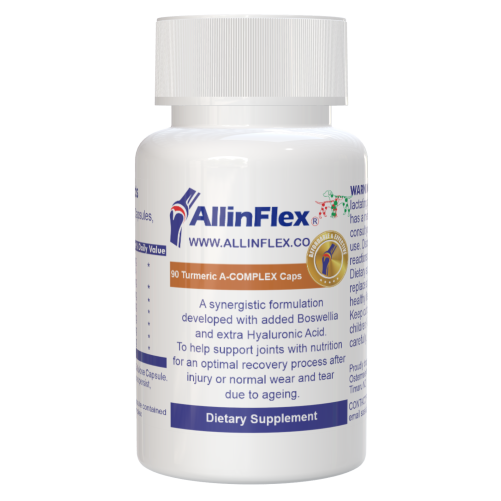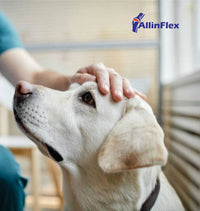Boswellia for Dogs | A Nature's Gift for Your Dog's Joint Health
Saskia OstermeierOne area where pet owners can offer substantial support is joint health, and one natural dog supplement that is add to supplements is Boswellia.
Understanding Boswellia begins with a look at its source: the Boswellia tree. Native to the arid regions of Africa and Asia, this tree produces a resin rich in therapeutic compounds.
Boswellia plays a critical role in canine joint health.
Many joint health formulas for dogs incorporate Boswellia, thanks to its traditional uses and potential benefits. While we won't make explicit health claims, we will highlight how Boswellia might support a dog's overall wellness, particularly in terms of joint health.
Its use could potentially support dog's comfort, ease movement, and offer other benefits that contribute to a dog's overall quality of life.
When we delve into the realm of canine joint health, the importance of Boswellia begins to truly shine.
It finds its place among other beneficial components in numerous joint health formulas designed specifically for dogs. The reason behind this incorporation is rooted in Boswellia's longstanding traditional uses and the potential benefits it may hold for our furry friends.
An important aspect to understand is that while we are cautious to avoid making direct health claims, we can discuss the potential ways Boswellia might contribute to a dog's overall wellness, and more specifically, its joint health.
Without making any specific promises, the overall narrative surrounding Boswellia points toward a variety of ways it might support dogs in their daily lives.
First and foremost, Boswellia is believed to potentially promote comfort in dogs.
This comfort might be particularly noticeable in older dogs or those with existing joint issues. The day-to-day physical challenges that can occur in these dogs may be eased, leading to a higher quality of life.
Another potential advantage of Boswellia relates to movement. For dogs, freedom of movement is critical. It's what allows them to explore, play, and live joyfully.
With the potential support of Boswellia, your dog may maintain or possibly regain some of this critical mobility.
Again, while we're careful not to claim it as a solution, Boswellia's traditional use and its integration in joint supplements suggest potential positive implications.
Finally, Boswellia's potential benefits are not solely limited to joint health. Its incorporation in your pet's diet could possibly support their general wellbeing. This holistic approach to your pet's health can help ensure that they are not just living, but thriving, enjoying their days with vitality and spirit.
In a joint health formula for dogs, the combination of Boswellia with turmeric, glucosamine, chondroitin, and collagen could potentially offer comprehensive support.
This is because each of these ingredients individually contributes different benefits, and together, they might address various aspects of joint health.
Boswellia is generally considered safe for dogs when administered appropriately and in the correct dosage.
Potential side effects of Boswellia serrata in dogs are usually rare and mild if the supplement is given in the correct dosage.
These may include gastrointestinal upset, such as diarrhea or nausea. If your pet shows signs of an upset stomach or any other adverse reactions, it's recommended to discontinue use and consult with your veterinarian.
While Boswellia has been reported to have potential benefits for dogs, especially in supporting joint health, there may be certain disadvantages or limitations to consider.
The research on Boswellia's effectiveness in dogs is still limited compared to studies in humans. Therefore, while anecdotal evidence and traditional uses suggest potential benefits, the scientific consensus is not yet definitive.
Moreover, Boswellia is not a cure for any health condition. It should be seen as a supplement that can potentially support a dog's overall wellness, rather than a treatment.
Always remember that each dog is unique, and what works well for one might not have the same effect on another. It's crucial to monitor your dog's reaction to any new supplement, and maintain open communication with your vet about any changes you observe.




